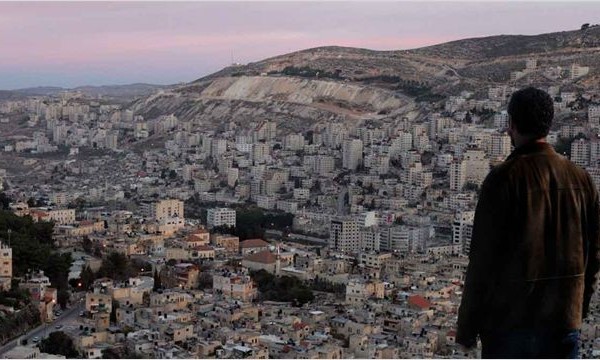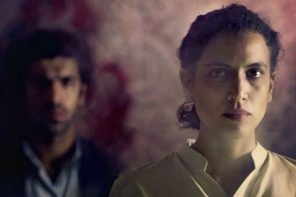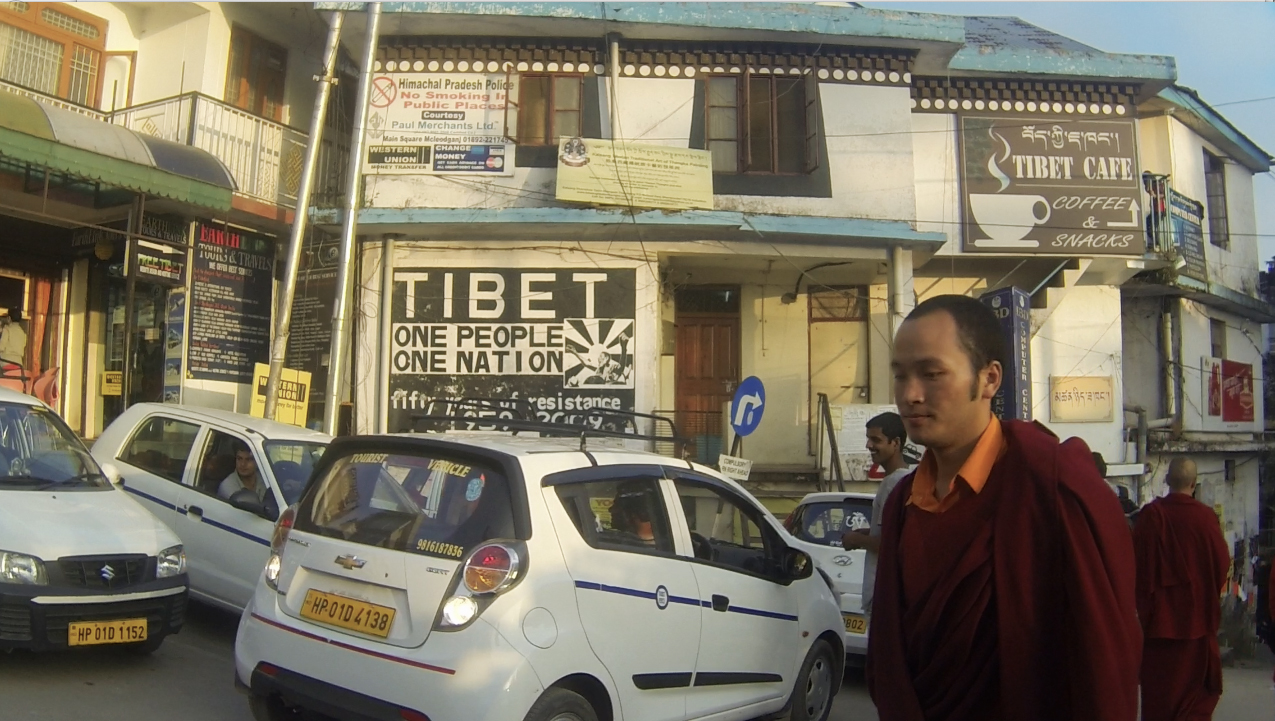Assadma (The Attack). The title reminds us of a John Stockwell film. It suggests an obvious perspective for a story of a violent bombing attack in a restaurant full of children in Tel Aviv. Released in the United States (2013) and in France (2012), this film is different. The successive images and scenes draw a more sophisticated and complicated story line. There is no duality between good and evil, nor a shattering judgment and persecution of a guilty party.
Ziad Doueiri draws the story through the eyes of Amine Jaafari, a recognized Palestinian surgeon who has, seemingly, integrated himself in Israeli society. The opening scene begins with morning light pervading the apartment where Amine says goodbye to his wife who is leaving to visit family in Ramallah. Later that day, when Amine is at the hospital, a restaurant full of children in Tel Aviv is bombed. The scenes of gurneys carrying mauled children into Jaafari’s hospital are succeeding each other. Amine is performing a surgery on one of the injured children when his parent interrupts him and violently refuses that an Arab carries-out the surgery. In a following brutal scene, Jaafari is called back into the hospital after going home to identify his wife whose body was shred during the attack. The violence of the scene culminates when Jaafari discovers that his wife is the police’s main suspect. Yet, the movie is elsewhere.
[youtube]http://www.youtube.com/watch?v=vkRWXhJLH0I[/youtube]The Attack could have been a story of love and betrayal. Through the shocking suicide attack committed by Amine’s wife, it could have been about questioning of how well we can really know someone. In this context, this movie is a psychological thriller that disturbs. It refuses any comfortable and standard representation of the Israeli-Palestinian conflict as a war between two opposite forces. These film’s themes are encapsulated in Amine’s speech at the awards ceremony: “Isn’t it time you reexamined your own certainties” he says. Doueiri’s film, based on Yasmina khadra’s book, shows what it is like to be an upper-middle class Palestinian in Israel. As his Israeli colleagues gossip that his wife was a terrorist and that he doesn’t deserve the Israeli citizenship, Amine leaves Tel Aviv to his home town, Nablus, on a quest for “truth”. This is where the journey begins. The quest for the reasons behind the wife’s betrayal turns out to be Amine’s own journey of identity questioning. As he is searching for the reasons by asking his family and an involved Islamist group, Amine is rejected, criticized and alienated. Amine’s frustration escalates to a background of darker scenes and a more rudimentary and poorer Nablus compared to the growing and modern Tel Aviv. His search for the truth about his wife reveals other questions hidden beneath the fabric of the film. These questions unveil a story of alienation and challenge the reality of an obscure, yet extant, Arab-Israeli condition.
The magic of the film is indebted to its actors. Ali Suliman, an Arab-Israeli himself, played a very convincing role as Amine Jaafari. Doueiri choice to cast authentic actors and film in sites like Nablus and Tel Aviv conferred to The Attack’s unconventionality and uniqueness.









